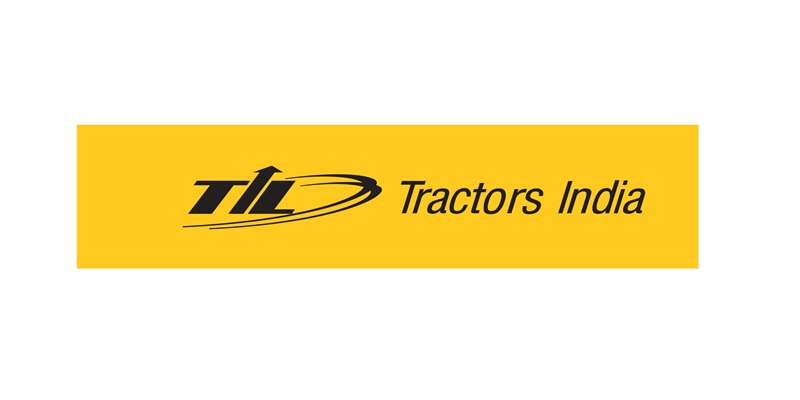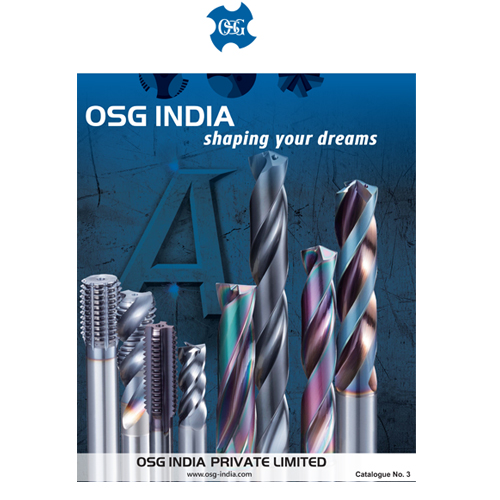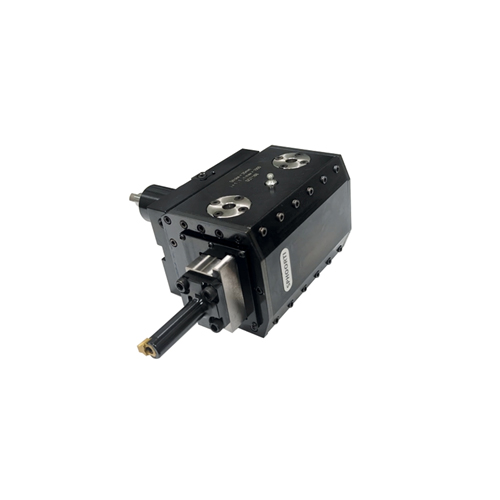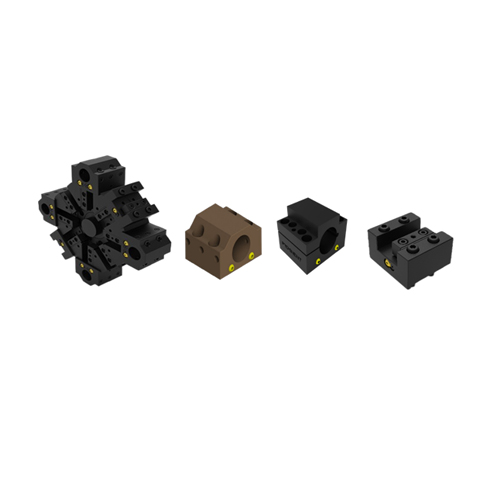Schedule a Call Back
Why Precision Tooling is the Backbone of India’s Next Manufacturing Leap
 Articles
Articles- Oct 15,25

- They drive productivity: Advanced coatings and surface treatments extend tool life. They cut faster and reduce scrap. As a result, cycle times shrink and costs fall across the line.
- They enable innovation: Complex EV parts, titanium aerospace components, and micro-scale medical devices demand exact shapes and finishes. Tools make those shapes possible. With better geometry and smarter materials, design ambition can grow.
- They define quality: Global buyers expect tight, repeatable tolerances. Precision tools hold those limits run after run. In turn, rejects drop and reliability rises.
- They support sustainability: Longer-lasting tools use less energy and generate less waste. Cleaner chips, cooler cuts, and steadier performance add up to greener plants.
- Speed: Delivery cycles shrink from months to weeks or even days
- Relevance: Tools can be designed for the specific needs of Indian industries and materials
- Technology transfer: The country gains access to the latest CNC systems, coating technologies, and quality control processes
- Skill development: Indian engineers and technicians are trained in advanced toolmaking and application engineering
- Self-reliance: Domestic production aligns perfectly with the vision of Atmanirbhar Bharat.
- Micro-tools down to 0.1 mm enable breakthroughs in electronics and medical devices.
- Advanced coatings such as Alcrona Pro and Tisaflex cut titanium, nickel alloys, and hardened steels.
- Surface treatments like superfinishing extend tool life and improve consistency.
- Application-driven engineering tailors each tool to its material and process.
Related Stories

How to Double Fabrication Capacity Without Expanding Your Factory Footprint
Rising demand and costly expansion are pushing fabricators to rethink growth. Vertical automation unlocks hidden capacity within existing shop floors, says Emily Newton.
Read more
TIL Acquires 60% Stake in TCPL to Enter Clean Energy Manufacturing
TIL Limited will acquire a 60 per cent stake in TCPL, expanding into LNG and hydrogen solutions and strengthening its clean energy manufacturing and cryogenic capabilities.
Read more
ELCIA Appoints V Sriram Kumar as CEO, Names New President
ELCIA announces a leadership transition, appointing V Sriram Kumar as CEO and Sujaya Shashikiran as President to accelerate ecosystem development in electronics and semiconductors.
Read moreRelated Products

Precision Cutting Tools1
S S Trading Corporation offers a wide range of precision
cutting tools.

Slotting Head Unit for All Cnc Turn Mill Centers
Sphoorti Machine Tools Pvt Ltd offers a wide range of
slotting head unit for all CNC turn mill centers.

Slotted Tool Disc and Tool Holders
Prominent Machine Tools offers a wide range of slotted tool disc and tool holders.












